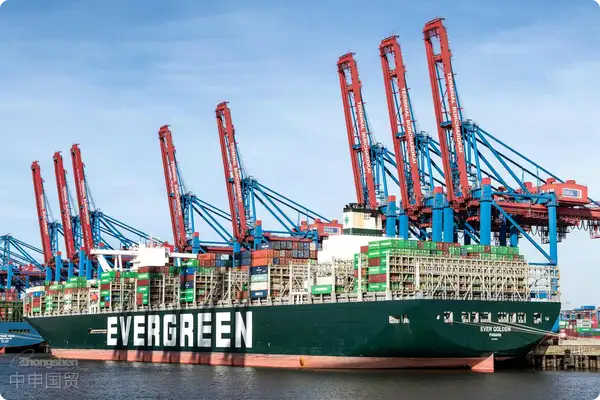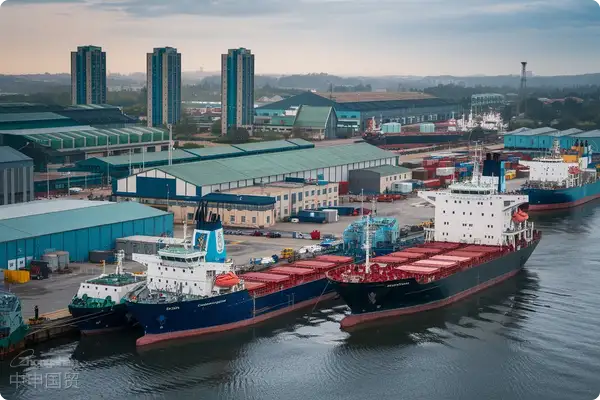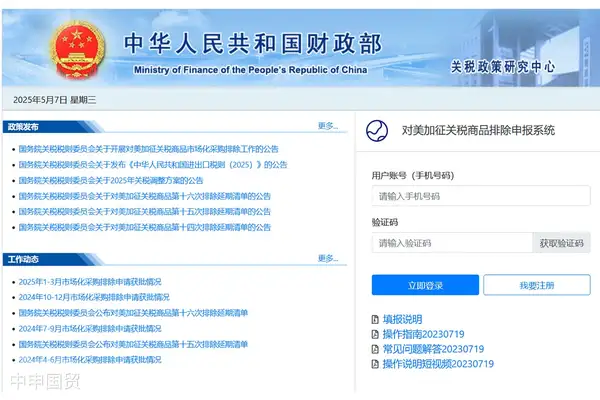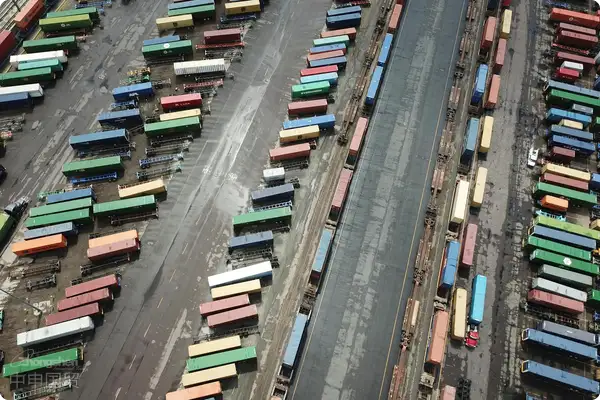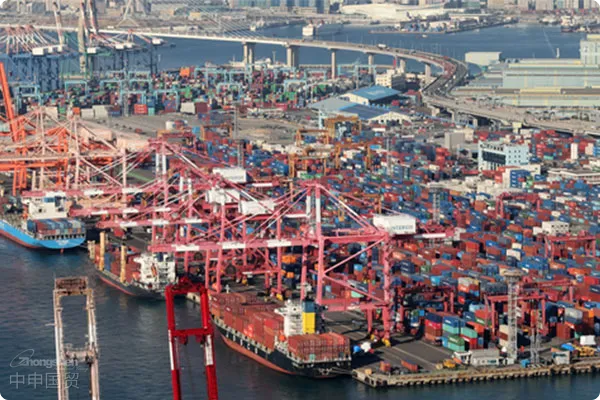- Shanghai Zhongshen International Trade Co., Ltd. - Two decades of trade agency expertise.
- Service Hotline: 139 1787 2118
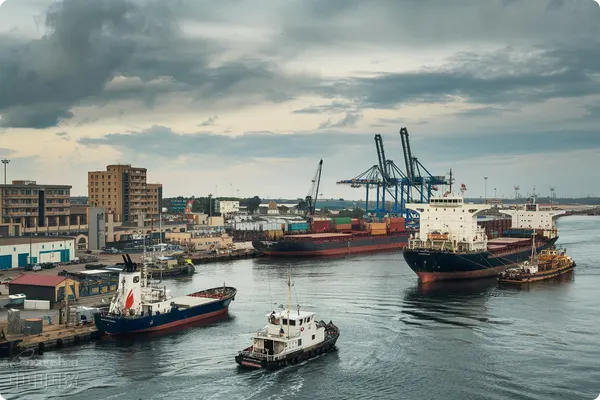
Electromechanicalequipment. For example, Indonesia has the SNI certification, Thailand has the TISI certification, and the Philippines has the BPS certification. It is necessary to confirm in advance the equipment voltage (such as 380V/50Hz in Thailand), the compatibility of the CE certification, and the proof of environmentally friendly materials.Special challenges
In 2025, the global manufacturing industrys intelligent upgrade accelerates, with Chinas annual import scale of high-end equipment expected to exceed $280 billion. As technology-intensive products, the import process of electromechanical equipment involvescustoms classification,Mandatory Certifications,Verification of technical parametersprofessional barriers. A case study of precision machine tool imports shows that 23% of declaration delays stem from mismatches between equipment function descriptions and HS codes, while 17% of return shipments are caused by failure to obtain3Ccertification.
Core value matrix of professional agency services
High-quality agency companies should establish a four-dimensional service system:
- Access compliance guarantee
- Special equipment pressure vessel filing (TSG 07-2025 new regulation)
- Medical EquipmentEquipment registration certificate processing
- Dynamic tracking of energy efficiency label catalog
- Technical document management
- Compliance review of electrical schematic diagrams
- Translation certification of safety protection device descriptions
- CE/UL certification document validity verification
Typical risk scenario response strategies
A case study of an auto parts manufacturer importing German intelligent assembly lines in 2025 encountered:
- Equipment control system containing controlled encryption modules
- Laser cutting device exceeding safety radiation standards
- Matching tooling fixtures involving anti-dumping tariff items
Successfully handled by professional agencyPre-classification dispute resolution solutionandTechnical rectification suggestions, reducing customs clearance time from 45 days to 12 working days and saving $380,000 in demurrage fees.
Service upgrades under new trade models
In response to the RCEP electromechanical product trade rules fully implemented in 2025, leading agencies have established:
- ASEAN Origin Intelligent Determination System
- Temporary access channels for cross-border maintenance equipment
- Import value assessment models for used equipment
A semiconductor company successfully reduced import tariffs on 8 used Japanese lithography machines from 27% to 9.8% throughEquipment refurbishment status certification services.
Evaluation dimensions for selecting agency companies
- Qualification Verification: AEO certification, electromechanicalimport and exportChamber of Commerce membership
- Technical Team: Mechanical/electrical engineer allocation ratio
- Case database: Operation records of similar equipment in the past three years
- Emergency Response: 2-hour response mechanism for port emergencies
It is recommended that enterprises focus onTechnical document review clausesanddemurrage responsibility division mechanismswhen signing service agreements. Professional agency companies typically provide value-added services such as equipment parameter pre-review forms and customs inquiry response plans, which often determine the success or failure of import projects.
Related Recommendations
? 2025. All Rights Reserved. Shanghai ICP No. 2023007705-2  PSB Record: Shanghai No.31011502009912
PSB Record: Shanghai No.31011502009912
